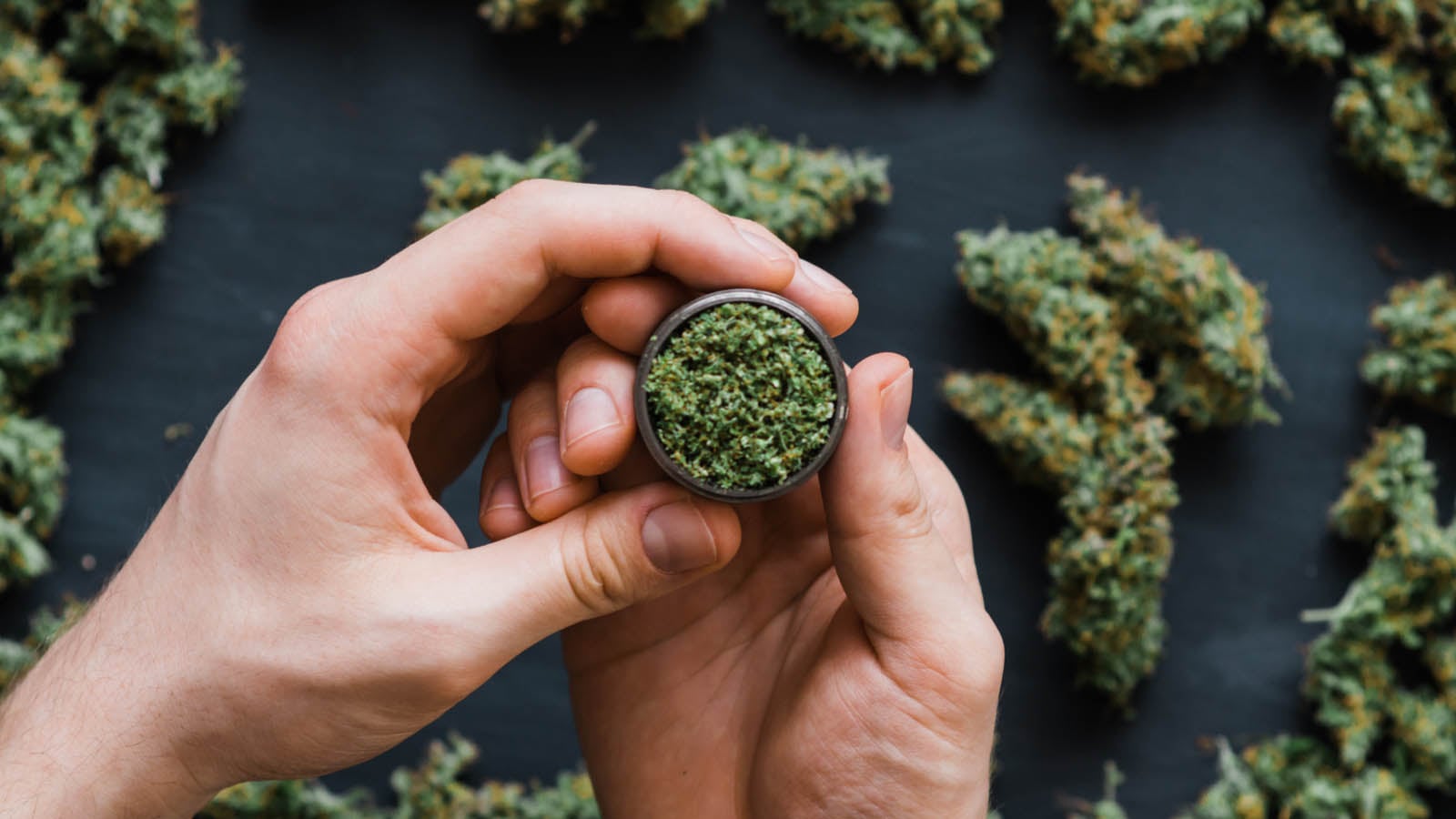Following a brutal 2019, things aren’t going for well for cannabis equities early in 2020 and Aurora Cannabis (NYSE:ACB) epitomizes that gloominess. Aurora stock is lower by more than 28% to start this year, more than quadruple the loss sported by ETFMG Alternative Harvest ETF (NYSEARCA:MJ).

That’s one way of saying Aurora is again proving to be a value destroyer. Another way of saying that is that stock is down a staggering 78.52% over the past 12 months.
It’s not uncommon for companies that experience equity market depreciation on par with Aurora to have cash problems and that’s exactly what the Canadian cannabis company is facing.
By one estimate, Aurora’s cash burn rate implies it has enough capital – barring a dilutive equity raise – to last just over two months. That’s paltry in comparison to the still not-so-good almost eight months Canopy Growth (NYSE:CGC) can survive and the more than 14 months U.S. multi-state operator Green Thumb Industries (OTCMKTS:GTBIF) can go without needing more cash.
Aurora’s downward spiral deals a severe blow to hopes the company could turn cash-flow positive later this year. However, Aurora stock probably isn’t done falling – not if an equity sale is on the way.
The company will have to sell that new stock (if it decides to go that route) at prices lower than the current market price.
Dollar Dilemma
With its Wednesday, Feb. 12 close at $1.46 is well past the initial part of the penny stock conversation and well into a price range where many investors just won’t bother with a name. As Chitru Fernando, professor of finance at the University of Oklahoma’s Michael F. Price School of Business said in an email to InvestorPlace, stocks trading below $5 are “stigmatized.”
“A very low stock price is almost always a symptom of an underperforming firm,” said Fernando. “If a firm undertakes a reverse stock split, the market takes the news to mean that the company believes the stock price will not recover on its own.”
To be clear, Aurora hasn’t announced plans for a reverse split, but its price suggests that could be a possibility at some point and history confirms that gambit rarely works out well for any company.
Take it from Fernando, who says a reverse split “has more sinister implications for investors from the standpoint of how the company is doing and its future prospects.”
It’s also worth remembering that companies traveling Reverse Split Boulevard are doing so for all the wrong reasons and are probably doing so when it’s too late.
As Jill Foote, director of The Rice Business Finance Center at Rice University said in an email to InvestorPlace, reverse splits don’t change a company’s value.
“The market is keenly aware that the reverse split does not change the valuation of the company and is done in an attempt to avoid delisting,” she said. “Often, these stocks will see a short-lived rise following the reverse stock split, which is then followed by further declines.”
Bottom Line on Aurora Cannabis
Aurora is a weak stock in an industry facing a slew of near- to medium-term headwinds. Yes, 2020 could eventually prove to be the year where the strongest of the cannabis litter separate themselves from the pack. For Aurora stock, the problem is that it appears, quite clearly, to be one of the group’s weaker links.
There are better places to be in the marijuana market than Aurora and, at least for the time being, better places to be in the overall market than cannabis stocks.
Believe it or not, the $1.46 one could shell out for a single Aurora share is better spent elsewhere until further notice.
As of this writing, Todd Shriber did not own any of the aforementioned securities. He has been an InvestorPlace contributor since 2014.
